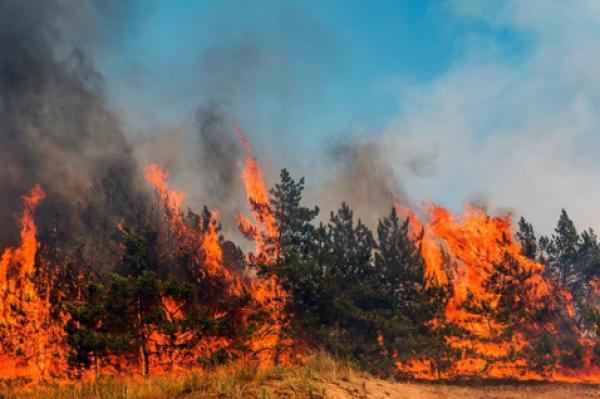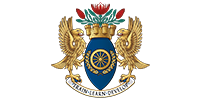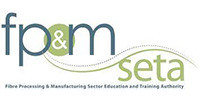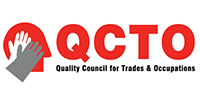Across the world, fire season is becoming an increasingly devastating threat to infrastructure and ecosystems. With two fire seasons in South Africa, it is imperative that everyone has a plan in place for the emergency event of a wildfire in their neighbourhood. We have highlighted six important ways to be prepared for fire season in South Africa. Your best protective step against the threat of fire season is to enrol in fire fighting training. EMCARE provides fire fighting training courses that will equip you with the knowledge and skills to be prepared for fire season and handle an emergency fire.
Fire Seasons in South Africa:
Many countries across the world experience a fire season, which is the dry seasonal months that result in small wildfires. In South Africa, our first fire season occurs in the Western Cape in the dry summer months of December to April. Our second fire season occurs during the dry winter months, June to August, and this fire season affects the rest of South Africa. During the fire season, lighting strikes or rockfalls will spark small fires that spread quickly due to the dry vegetation.
Fires are a natural phenomenon in South Africa and the landscape has adapted to benefit from naturally occurring fires. Many of the natural South African vegetation, including grasslands, woodlands, fynbos, and certain indigenous forests, have become fire-adapted. These ecosystems need to burn annually to rejuvenate growth and soil conditions.
Despite fires being a naturally occurring annual event, the dangers and prevalence of South African fire seasons are increasing. Fires during the fire seasons are increasingly becoming more aggressive as they are turning into uncontrollable wildfires that are burning over larger distances and occurring for longer periods during the fire season. We have listed a few of the reasons that are increasing the prevalence of disastrous wildfires during the South African fire seasons.
- Careless Human Activities: The majority of the wildfires that have occurred during the fire seasons over the last few years have been started by careless human activities. The flicking of a lit cigarette butt out of a car window into the dry bush, leaving open flames unattended, burning debris in residential areas, and machinery malfunctions in natural spaces are a few of the careless activities that have increased the catastrophic consequences of wildfires.
- Climate Change: Climate change is playing a role in the increasing prevalence of wildfires during South African fire seasons. The increasing temperatures are resulting in longer and drier summer seasons, which is exacerbating the fire seasons and increasing the damage caused by wildfires.
- Alien Vegetation: Alien vegetation is increasing the spread and intensity of wildfires during South African fire seasons. Indigenous vegetation is adapted to the annual fire seasons, whereas alien vegetation increases the fuel load to wildfires and tends to burn for longer. The widespread of alien vegetation is also increasing the reach of wildfires resulting in larger areas being destroyed by uncontrollable wildfires.
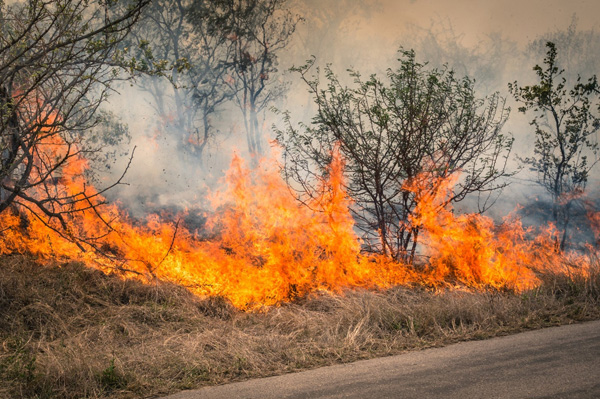
6 Ways To Be Prepared for Fire Season:
With uncontrollable wildfires becoming prevalent during the fire seasons in South Africa, more and more residential and industrial areas are becoming affected by destructive fires. The increased risk of uncontrollable wildfires means that there needs to be a drive towards increasing your preparedness for handling a wildfire. We have highlighted 6 ways to be prepared for fire season so that you and your loved ones are safe if ever faced with a fire emergency.
1) Know How You Will Be Alerted:
In the event of a wildfire in your area, you need to have access to reliable and up-to-date information regarding the severity of the wildfire. This information will enable you to either evacuate your home quickly and safely or inform you if the fire fighting services have the wildfire under control. Either way, being informed is imperative to take the correct actions in this emergency. Find your local fire alert system and have this information easily accessible so that you can be prepared during the fire season.
2) Have a Plan in Place:
To be prepared for an uncontrollable wildfire, you need to have an evacuation plan in place. Find a safe location in your area to head towards if there is a wildfire and draw several routes to take to get to this location from your home. Ensure that your family knows the evacuation steps to take by practicing your evacuation routine regularly. If you have pets, ensure that you have steps in place to evacuate your pets in a fire emergency.

3) Prepare a Fire Kit:
One way to be prepared for an emergency evacuation during a wildfire is to have a ready-to-go fire kit. A fire kit will have all your essentials and must be stored in a quick-to-locate space in your home so that you can easily grab the bag and leave your home. It is important to keep the supplies in a backpack and keep it light for easy movement. We have outlined a few essentials to keep in your fire kit bag.
- Water: You must have a minimum of one bottle of water per family member and for each pet in your fire kit.
- Non-perishable Food: Nuts, dried fruit, and protein bars will provide you with a quick source of nourishment after evacuating your home.
- Clothing: You may not be able to return to your home for a few days, therefore it is important to have at least one change of clothing per family member stored in the bag.
- Personal Hygiene Products: Deodorant, wet wipes, and sanitary supplies are a few basic personal hygiene products that will be essential for your fire kit.
- First Aid Kit: A basic first aid kit is important if you or your family is injured by the fire or whilst evacuating your home. In your first aid kit, you should also include any prescriptions or special medications you or your family members may need.
- Important Documents: Passports, IDs, birth certificates, marriage certificates, and certain financial documents need to be kept in a folder either in your fire kit or quickly accessible from your home office.
- Map of Evacuation Route: Keep a map of your area with your marked-out evacuation route to easily follow when evacuating your home.
- Flashlight: If you are required to evacuate in the middle of the night, a flashlight will be useful.
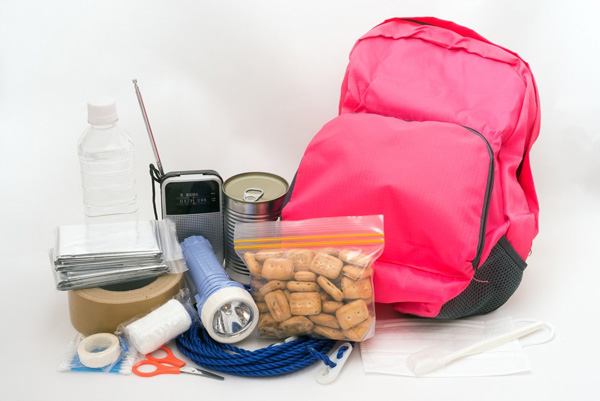
4) Garden Maintenance:
Garden maintenance is essential for fire season preparation. During the summer months in the Western Cape and the winter months in the rest of South Africa, your garden vegetation will be drier and will thus be more flammable. Keeping your trees and bushes pruned, removing any alien vegetation from your garden, and removing all dead plant debris from your home are a few garden maintenance steps you can take to prepare for fire season.
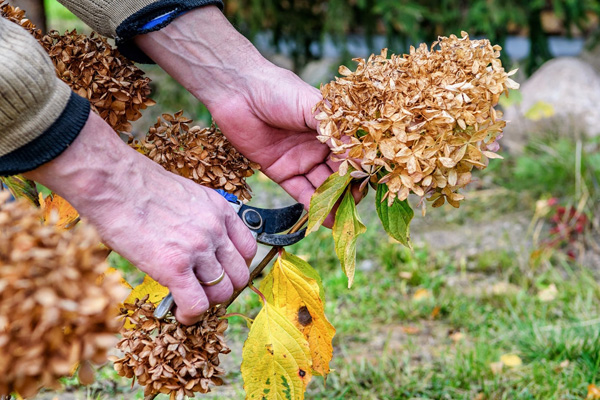
5) Store Flammable Materials Away From Your Home:
Many homes will have piles of wood for evening fires, cans of fuel for cars or machinery, and wooden sheds for garden tool storage. These items are highly flammable and will add more fuel to the wildfire if it comes close to your home. If possible, it is recommended to store your wood and fuel far from your home and erect your wooden shed at a sufficient distance from your home.
6) Fire Fighting Training:
No matter how prepared you are, being faced with a fire emergency can be highly stressful and cause you to act unsafely. Fire fighting training is essential for fire emergency preparedness and confidence when handling a fire emergency. You will learn how to create an environment in your home that will prevent fires, how to prepare for a fire emergency, and how to manage a fire safely and correctly in your home or area. Fire fighting training is essential to staying protected from the threat of wildfire.
EMCARE Fire Fighting Training:
EMCARE fire fighting training courses will equip you with the knowledge and skills to prepare for fire season and handle an emergency wildfire situation. At EMCARE, we believe in the importance of confidence, preparedness, and safety when faced with a fire emergency. If you live in an area prone to wildfires during the fire season, we recommend these two courses for you to be prepared for a fire emergency.
- Basic Fire Awareness Course: This half-day course will cover the basics of fire prevention, creating a prepared environment, and increasing your confidence when handling a fire emergency. You will learn how to successfully control a fire in your home or office.
- Basic Fire Fighting Course: This one-day course covers firefighting techniques and how to correctly use them during a fire emergency. Prevention, management, and safety around fires are emphasised in this EMCARE course. Your confidence in handling a fire will be boosted with this EMCARE fire fighting training.
If you want to offer assistance to your community during a wildfire, EMCARE also offers fire fighting training that will enable you to join the firefighters during an uncontrolled wildfire. Our Fire Fighter 1 and Hazmat Awareness Course and our Fire Fighter 2 and Hazmat Operations Course will equip you with the training and skills to handle wildfires in residential, industrial, or natural spaces.
All our fire fighting training courses are offered by professional trainers at our fully equipped training facilities. You have access to high-quality fire fighting training at an affordable rate with EMCARE fire fighting courses. EMCARE fire fighting training is the best way to be prepared for fire season in South Africa.
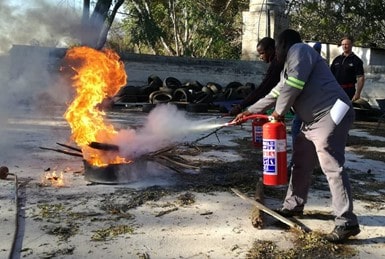
About EMCARE:
EMCARE is a proudly South African health and safety training company. From fire and rescue training to emergency medical training to working at heights training to health and safety training, we offer an extensive range of courses for all health and safety requirements. We strive to be the top provider of health and safety training in South Africa with our high-quality training in each of our health and safety courses.
We ensure that everyone in South Africa and from neighbouring African countries has access to EMCARE health and safety training. Our branches are located across South Africa for convenience. You will find a fully-equipped EMCARE branch in Johannesburg, Polokwane, Gqeberha, Durban, Cape Town, and Hoedspruit.
When you complete an EMCARE health and safety training course, you will receive a fully accredited certificate. We are accredited by and affiliated with all local accreditation bodies, including the Department of Labour, the Department of Mineral Resources, and the Local Government Sector Education and Training Authority (LGSETA). Our accreditation with these governing bodies ensures the standards of our training are constantly monitored and upheld against South African regulations.
If you are interested in enrolling in one of our health and safety training courses, you can easily get in contact with us. You can directly call us, email us, or fill in our easy online enquiry form. One of the members of our friendly and professional EMCARE team will get back to you and assist you with beginning your health and safety training.
Be prepared for fire season in South Africa with EMCARE fire fighting training.

